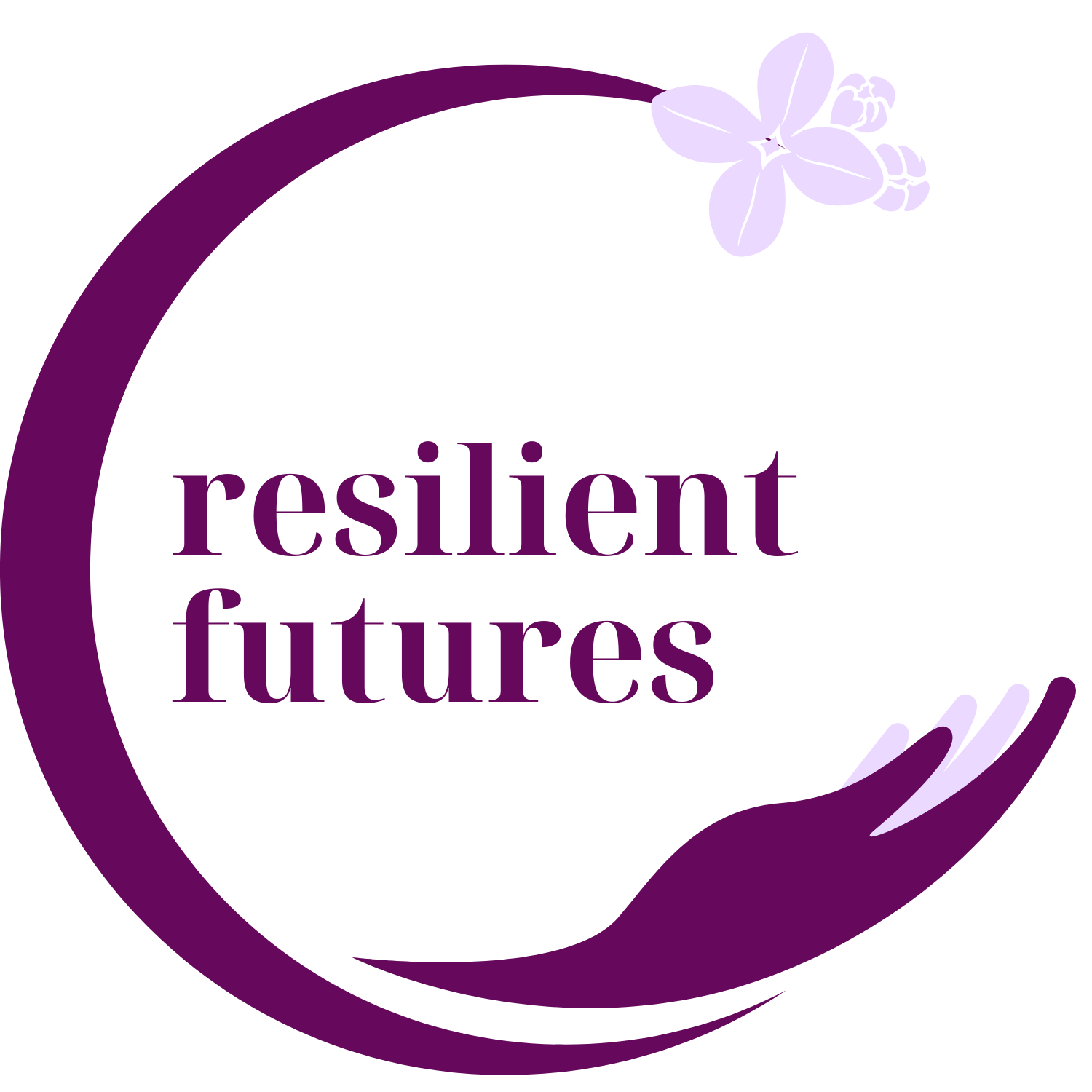
April is Child Abuse Prevention Month: Understanding and Preventing Child Abuse
April is National Child Abuse Prevention Month. A time to raise awareness, recognize the signs of abuse, and take action to protect children. This article explores how trauma-informed practices in schools and youth-serving environments can help prevent abuse before it starts. Learn the warning signs, understand cultural and generational nuances, and access resources to support children and families in need.
Navigating the Educational Landscape: Experiences of Children in Foster Care
Children in foster care face significant educational challenges due to frequent relocations, instability, and trauma, leading to lower graduation rates and higher disciplinary actions. Here we explore how trauma-informed teaching can provide a crucial counterbalance by fostering stability, trust, and emotional connection, particularly for foster youth who may not experience reliable adult support elsewhere. By implementing trauma-informed practices, educators can create safe, inclusive learning environments that not only support foster youth but benefit all students facing adversity.
Creating Inclusive Classrooms: How Educators Can Normalize and Celebrate Students with Special Needs
Special education funding cuts threaten essential support for students with disabilities, increasing isolation and academic challenges. Educators can foster inclusive classrooms by normalizing differences, emphasizing strengths, and using trauma-informed practices. By prioritizing inclusion and advocating for funding, schools can ensure students with special needs are valued members of the community.
Creating a Healing-Centered School Culture: Beyond Trauma-Informed Practices
Creating a healing-centered school culture goes beyond trauma-informed practices—it’s about fostering resilience, connection, and collective well-being for students and educators alike. When schools shift from simply recognizing trauma to actively cultivating healing, they create environments where learning, trust, and empowerment thrive. This article explores how school leaders, teachers, and students can work together to build a culture of safety, belonging, and healing.
The Essential Role of Paraprofessionals in Trauma-Informed Classrooms
Paraprofessionals play a vital role in under-resourced schools, providing academic, emotional, and physical support to students. Beyond assisting teachers, they build trust, help regulate student emotions, and recognize trauma-related stress responses. By accommodating diverse learning styles, paraprofessionals help all students engage meaningfully with their curriculum. As liaisons between students, teachers, and families, they foster communication and advocacy, making schools more inclusive and supportive.
Building Confidence and Self-Worth in the Classroom: A Trauma-Informed Guide
Building students’ confidence and self-worth in the classroom requires intentional language, inclusive practices, and trauma-informed support. Teachers play a crucial role in fostering a sense of belonging by acknowledging each student’s unique background, celebrating cultural identity, and providing opportunities for growth through academics, peer connections, and extracurricular activities. By creating a safe, affirming environment, educators empower students to develop resilience, embrace their strengths, and navigate challenges with confidence.

Developing Trauma-Informed Teachers
An Educational Book Series from Resilient Futures
[July 2022] Co-edited by Resilient Futures founder Megan Brennan, this volume of the series Contemporary Perspectives on Developing Trauma-Informed Teachers provides reflections, examples, and implementation guidance for the innovative and important ways educators develop and implement trauma-informed practices across their programs, instituting broader curricular shifts to incorporate trauma-informed practices.
[January 2023] Co-edited by Resilient Futures founder Megan Brennan, this volume of the series was driven by a deep desire to ensure that teacher candidates are thoughtfully prepared to more fully address students’ needs and create classroom environments that are safe for students and teachers.
Childhood Trauma:
An event(s) that a child finds overwhelmingly distressing or emotionally painful, often resulting in lasting mental and physical effects.
Many think of trauma as a single life-changing event, but more commonly trauma manifests as a series of events or patterns of abusive or neglectful behaviors that compound over time.
Understanding Childhood Trauma
In the Press

Give to further our Mission
More than ever, our schools and youth-serving communities are in need of trauma-informed education, training, and resources. Your tax-deductible gift will directly fund our program expansion efforts, enabling us to provide trauma-informed training and resources to a greater number of educators, schools, and youth-serving organizations.
Interested in learning more about our Trauma-Informed Futures© Programming & Services?








